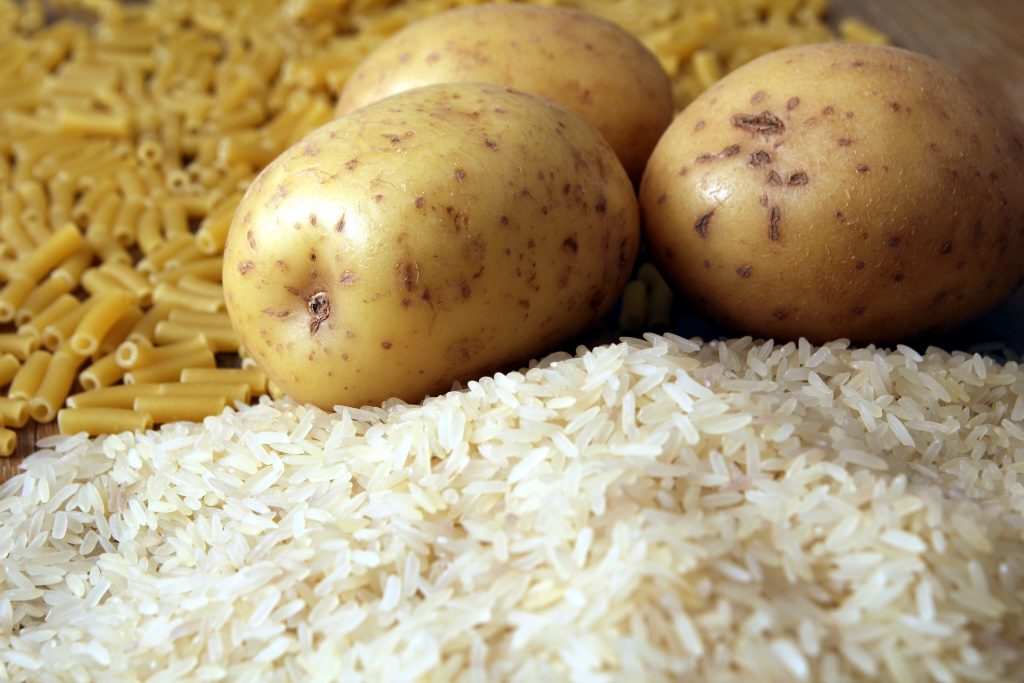Diabetes Diet Education:
Discover What You CAN Eat!
It’s Friday night after a long week. You are tired and hungry. Standing in your kitchen, you contemplate what you should eat for dinner. You’ve been told you can’t eat this or that since you have diabetes. It’s discouraging and it’s easy just want to give up, grab the phone and order pizza. This is the problem with many diabetes diet education programs—they focus on the “can’t” instead of helping you discover what you CAN eat.
The good news is don’t have to face this battle every day. Managing diabetes doesn’t have to focus what you can’t eat—you can still enjoy your favorite foods! It’s all about what you can eat in a healthy way. The key to success is proper education and accountability.
The Big Three
When looking at what you can eat, look at the big three (and no, I’m not talking about Kate, Kevin and Randall from This Is Us). I’m talking about carbohydrates, protein and fat. Many foods are a combination of carbohydrates, fats and/or protein.
Carbohydrates: The Source of Energy
As one of the three macronutrients, carbohydrates are required by every individual for energy, growth and development. The following foods contain carbohydrates:
- Breads, crackers and cereals
- Pasta, rice and grains
- Starchy vegetables, such as potatoes, corn and peas
- Non-starchy vegetables – but in very small amounts!
- Beans and legumes
- Milk, soy milk, and yogurt
- Fruits and fruit juices
- Sweets, such as cakes, cookies, ice cream, jam and jelly
Today, carbohydrates often get a bad rap, but they are a wonderful source of vitamins, minerals and fiber your body needs.
Carbohydrates and Diabetes: What It Means For Your Diet

When you have diabetes, you do not need to completely eliminate carbohydrates from your diet. It’s about moderation and eating the right amount of carbohydrates at each meal and for snacks.
Whenever you eat carbohydrates, your body breaks them down and your blood sugars rise. Insulin is produced in the pancreas and helps the sugar move from your bloodstream into your cells. With diabetes, either your body does not produce enough insulin, if any, or it does not use insulin effectively. If not controlled by diet and/or medications, diabetes can lead to other health complications such as kidney disease, nerve damage, slow wound healing, etc.
Managing diabetes may sound overwhelming, but it doesn’t have to be! It is important to talk to a dietitian about your individual needs as it varies depending on your age, weight and activity level as well as what medications you may be taking. At Western Missouri Medical Center, you can work with a registered dietitian (RD) and a nurse certified diabetes educator (CDE) to create a plan that will fit your lifestyle. If you are interested in learning more about diabetes self-management, talk with your primary physician to determine if our program is right for you.
